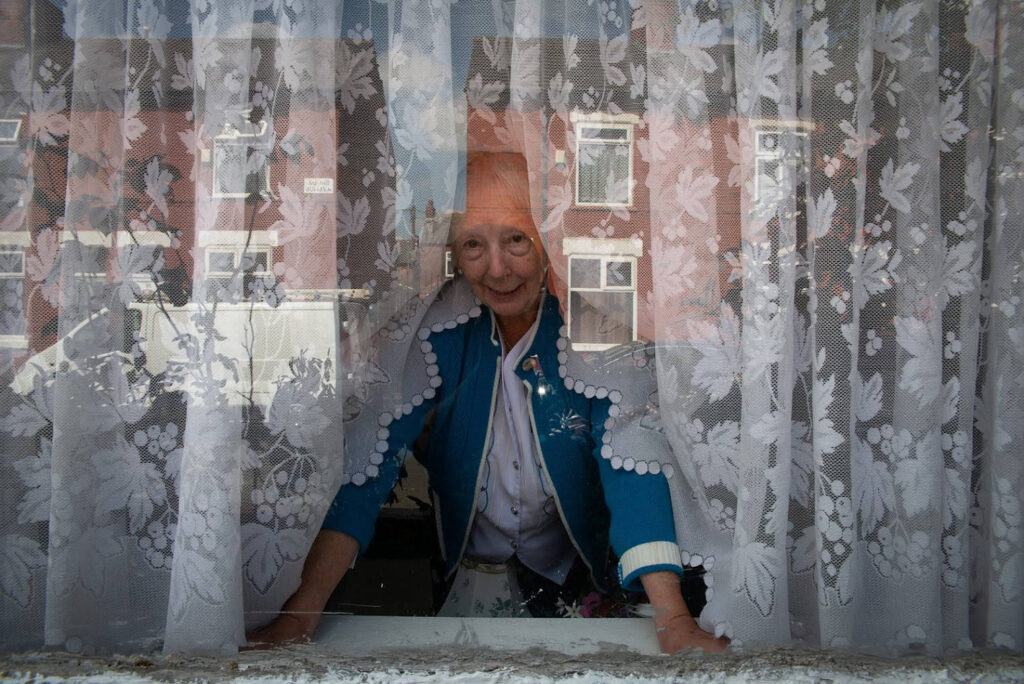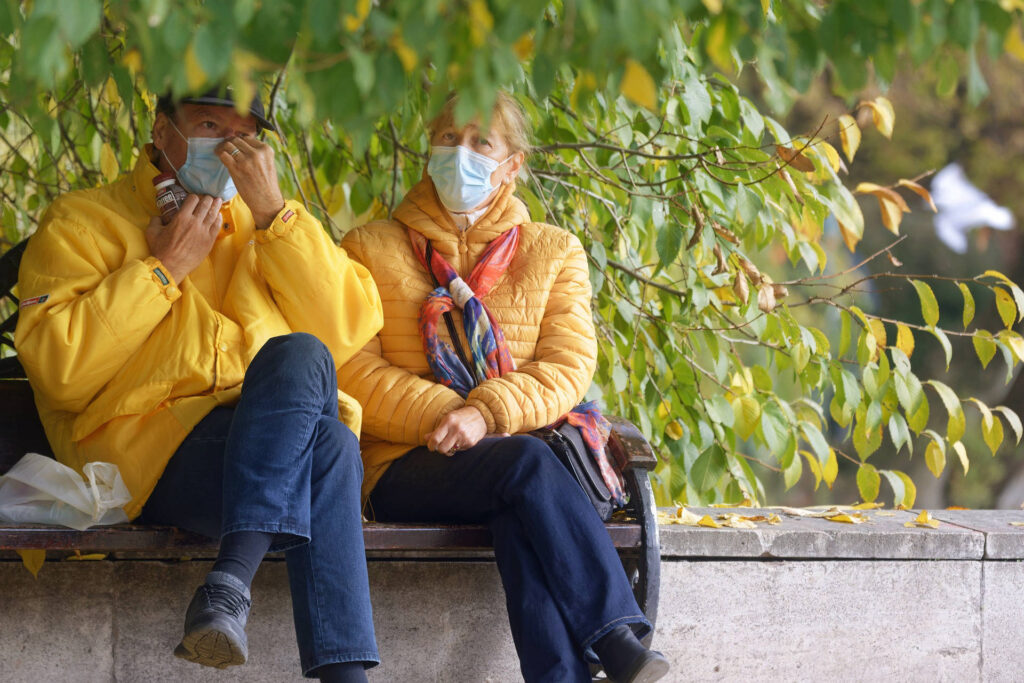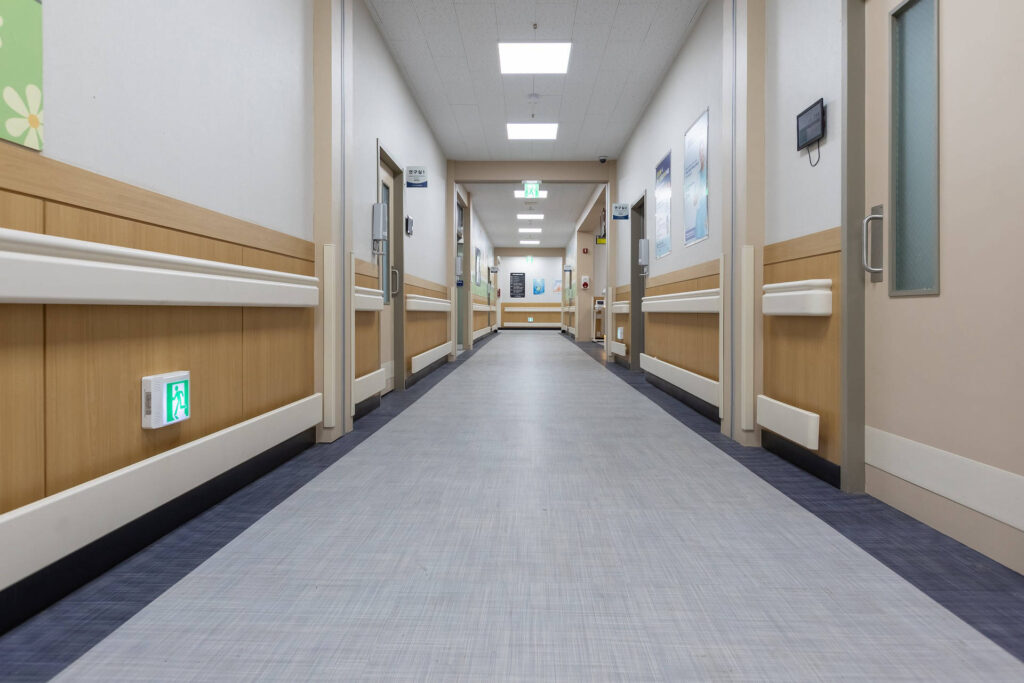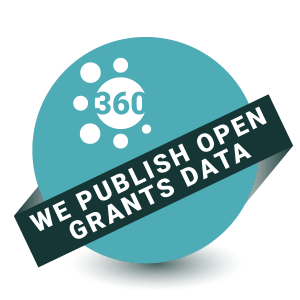VCSE Home from Hospital Targeted Investment Fund
With funding from the Greater Manchester NHS Integrated Care, 10GM implemented a short-term VCSE Home from Hospital Targeted Investment Fund, which aimed at upscaling and enhancing the existing response to known discharge pressures by investing more into VCSE-led home from hospital and readmission avoidance support.
We were able to support 9 applications, totalling an investment of £178,689. The projects funded via the Investment Fund were delivered between December 2022 and March 2023.
Grant Recipients
Age UK Bury
To establish a new home from hospital service to support older people being discharged from Fairfield General Hospital and live in Bury.
Age UK Manchester
To address specific gaps in provision, supporting older patients being discharged from Wythenshawe Hospital and Manchester Royal Infirmary.
Age UK Stockport
To improve an existing service by joining up health & social care services, alongside project partners Disability Stockport and Signpost Stockport.
Caribbean & African Health Network
To deliver practical and culturally appropriate support, primarily for Black Caribbean and African patients.
Groundwork (Wigan)
To employ a Resettlement Coach to provide a responsive and adaptable response to delayed discharges and readmissions.
LGBT Foundation
To improve existing services to support people being discharged from hospital, ultimately preventing hospital readmission.
Manchester Care & Repair
To employ an Independence Support Worker to support patients being discharged from North Manchester General Hospital.
Tameside, Oldham & Glossop Mind
To build on an existing partnership pilot (with Age UK Oldham and Positive Steps), supporting patients in Mental Health and Community Care at the Royal Oldham Hospital.
Wai Yin Society
To provide a culturally appropriate service to people from the Chinese community requiring support upon discharge from hospital.
Impact of the Targeted Investment Fund
594 people supported to be discharged from hospital, of which 32 (5.4%) readmitted within 7 days of being discharged
388 people were referred to other services or providers after receiving a VCSE discharge service
The average waiting time from referral to service delivery was 1.5 days
The average length of time people were in receipt of services was 4.2 weeks
Referrals were received from
– Hospitals: 493
– Social workers: 37
– Primary and community health: 18
– Carers/family/friends: 11
– Self: 9
– Other VCSE providers: 9
– Housing associations: 7
– Other: 10
6 of 9 providers have continued delivering services beyond the Targeted Investment Fund as ongoing support and single points of contact have been established.
Voicing the feedback of service users
“I cannot tell you how grateful I am for your support. Lightening the load, I did not realise the impact of what I had been carrying for so long. A breath of fresh air and the simple yet practical support is life-changing.” – Client J
“Thank you for offering me the service and the warm and friendly environment you have created for me.” – Client B
“The service is very helpful and we are very grateful. The service is very person-centred. We have moved forward at a tremendous pace.” – Client S
Find out more about the impact of the VCSE discharge schemes delivered over Winter 2022/23.
Reflecting on Achievements, System Impact, Lessons Learned, and Addressing Gaps and Challenges
Achievements and system impact
Patients had time to adjust once discharged back home and were encouraged to feel in control of the process, and their needs and wants were recognised and respected.
In Bury, a new home from hospital service has been fully established (before Winter 2022/23 there was no such service available).
Having a hospital presence leads to more effective awareness-raising and increased engagement with hospital staff, especially for providers covering more than one locality.
Lessons learned
VCSE coordination in Greater Manchester is crucial for maintaining momentum, fostering collaboration, and preventing silo working.
The rapid turnover of hospital staff and short-term funding contracts hinder relationship-building between VCSE providers and hospital staff. The short-term nature of funding contracts also contributes to VCSE workforce shortages.
The nature of funding still promotes competition among VCSE organisations rather than collaboration.
Learning around gaps and challenges
In order to enhance coordination and presence, there is a need for VCSE coordination lead roles or agencies in each locality and for greater VCSE presence in hospitals, particularly within discharge teams.
Efficient collaboration and accessibility can be achieved through joined-up efforts between VCSE and hospital systems, as well as fostering collaboration among VCSE providers across various localities.
Improvements are needed in service availability, including services provided outside working hours and weekends. In particular, services which provide home safety, housing adaptations, culturally appropriate support, hoarding/self-neglect support, cleaning services, respite for carers, and wheelchair-accessible vehicles.
Recommendations
Securing long-term funding is essential for the retention of recruited VCSE staff and the sustainable growth of home from hospital services to adequately meet the increasing demand.
Commissioners should prioritise grant funding as the preferred method of commissioning to ensure that the provision aligns with the evolving needs of the community.
Effective planning, communication, and relationship-building efforts between VCSE and hospital systems should be ongoing throughout the Summer and Autumn months, ensuring readiness to address the heightened demand during Winter pressures.
For VCSE services to become fully integrated and function effectively, hospitals must actively accommodate and include them within their systems and processes.
Find out more about the GM VCSE Home from Hospital Programme

The GM VCSE Home from Hospital Programme

GM VCSE Hospital Discharge Services Provision

GM VCSE Hospital Discharge Alliance
We publish open grants data

We have published our grants data in the 360Giving Data Standard so that we are as open and transparent as possible about what we are funding.
Using the 360Giving Data Standard, our GM Walking Fund grants are available as an Excel spreadsheet. This work is licensed under the Creative Commons Attribution 4.0 International License. To view a copy of this license, visit: https://creativecommons.org/licenses/by/4.0/. This means the data is freely accessible to anyone to be used and shared as they wish. The data must be attributed to 10GM.
